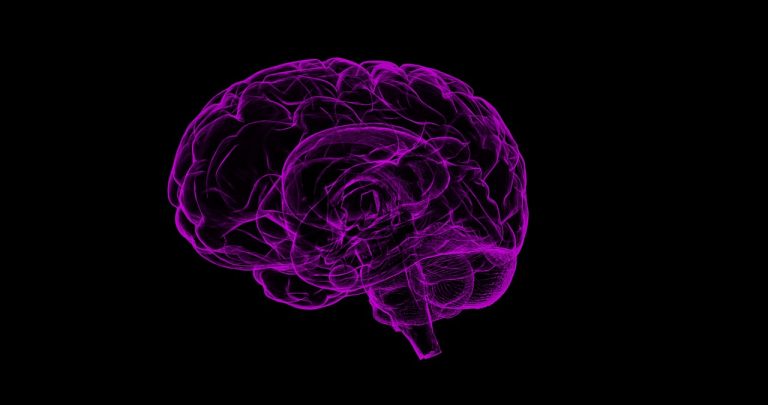Reason Behind Heart Pain
Heart pain, also known as angina, is a common symptom of heart disease. It is caused by a reduction in blood flow to the heart muscle. This reduction in blood flow can be caused by a number of factors, including:
- Coronary artery disease (CAD): CAD is the most common cause of heart pain. It is caused by a narrowing or blockage of the coronary arteries, which are the blood vessels that supply blood to the heart muscle. CAD can be caused by a number of factors, including high cholesterol, high blood pressure, smoking, and diabetes.
- Pericarditis: Pericarditis is inflammation of the pericardium, the sac that surrounds the heart. Pericarditis can be caused by a number of factors, including infection, injury, and autoimmune diseases.
- Myocarditis: Myocarditis is inflammation of the heart muscle. Myocarditis can be caused by a number of factors, including infection, autoimmune diseases, and certain medications.
- Aortic stenosis: Aortic stenosis is a narrowing of the aortic valve, which is the valve that allows blood to flow from the heart to the rest of the body. Aortic stenosis can be caused by a number of factors, including congenital heart disease and aging.
- Hypertrophic cardiomyopathy: Hypertrophic cardiomyopathy is a condition in which the heart muscle is thickened. Hypertrophic cardiomyopathy can be caused by a number of factors, including genetics and certain medications.
Other less common causes of heart pain include:
- Spasm of the coronary arteries: A spasm of the coronary arteries is a sudden tightening of the coronary arteries. Spasm of the coronary arteries can be caused by a number of factors, including stress and smoking.
- Pulmonary embolism: A pulmonary embolism is a blood clot that travels to the lungs and blocks a blood vessel in the lungs. This can reduce blood flow to the heart and cause heart pain.
- Thoracic aortic dissection: A thoracic aortic dissection is a tear in the aorta, the main artery that carries blood from the heart to the rest of the body. A thoracic aortic dissection can cause severe heart pain and is a medical emergency.
Symptoms of Heart Pain
The most common symptom of heart pain is a feeling of pressure, tightness, or squeezing in the chest. This pain can also spread to other areas of the body, such as the neck, shoulders, arms, back, and jaw. Other symptoms of heart pain can include:
- Shortness of breath
- Sweating
- Nausea
- Lightheadedness
- Dizziness
If you experience any of these symptoms, it is important to seek medical attention immediately.
Diagnosis of Heart Pain
Your doctor will start by asking you about your medical history and symptoms. They will also perform a physical exam to listen to your heart and check your blood pressure. If your doctor suspects that you may have heart pain, they may order a number of tests, including:
- Electrocardiogram (EKG): An EKG is a test that measures the electrical activity of your heart.
- Echocardiogram: An echocardiogram is a type of ultrasound that uses sound waves to create images of your heart.
- Stress test: A stress test is a test that measures how your heart responds to stress.
- Cardiac catheterization: A cardiac catheterization is a procedure that involves inserting a thin tube into a blood vessel in your arm or leg and threading it up to your heart. This allows your doctor to take images of your coronary arteries and measure blood flow to your heart.
Treatment for Heart Pain
The treatment for heart pain depends on the underlying cause. If you have CAD, your doctor may recommend lifestyle changes, such as quitting smoking, eating a healthy diet, and exercising regularly. They may also prescribe medications to help lower your cholesterol, blood pressure, and blood sugar levels. If you have a severe blockage in one of your coronary arteries, your doctor may recommend surgery to open up the artery, such as angioplasty or stenting.
If you have pericarditis or myocarditis, your doctor may prescribe medications to reduce inflammation and pain. If you have aortic stenosis or hypertrophic cardiomyopathy, your doctor may recommend surgery to correct the problem.
Prevention of Heart Pain
The best way to prevent heart pain is to prevent heart disease. You can reduce your risk of heart disease by making lifestyle changes, such as quitting smoking, eating a healthy diet, and exercising regularly. You should also control your cholesterol, blood pressure, and blood sugar levels.
If you have any of the risk factors for heart disease, it is important to see your doctor for regular checkups and screenings.







